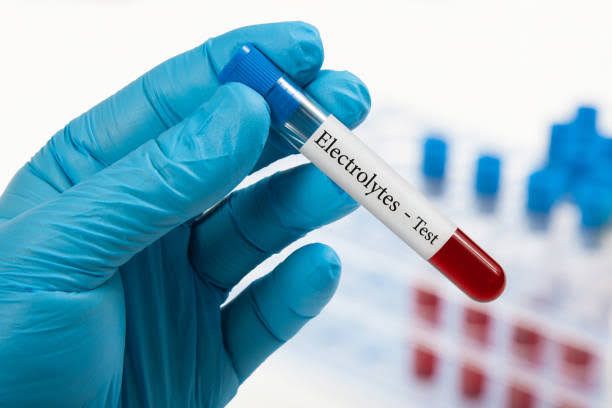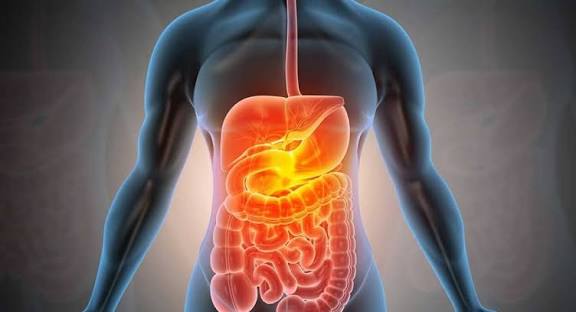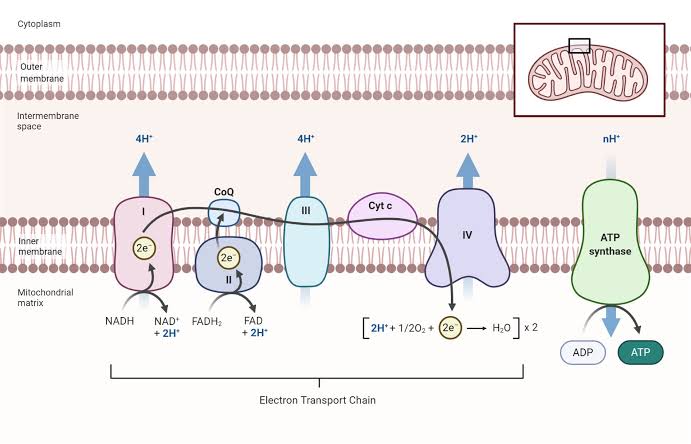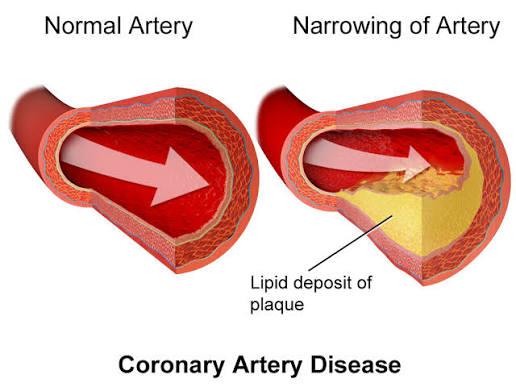
Normal Physiology of Serum Electrolytes
Serum electrolytes are essential ions in the blood that play critical roles in various physiological processes. The primary serum electrolytes include sodium (Na+), potassium (K+), calcium (Ca²+), magnesium (Mg²+), chloride (Cl-), bicarbonate (HCO₃-), and phosphate (PO₄³-). Each of these electrolytes has specific normal ranges and functions:
- Sodium (Na+): Normal range is approximately 135-145 mEq/L. Sodium is crucial for maintaining fluid balance, osmotic pressure, and proper nerve and muscle function.
- Potassium (K+): Normal range is about 3.5-5.0 mEq/L. Potassium is vital for cardiac function, muscle contraction, and nerve transmission.
- Calcium (Ca²+): Normal total calcium levels are around 8.5-10.5 mg/dL, with ionized calcium being more physiologically active. Calcium is important for bone health, blood coagulation, and neurotransmitter release.
- Magnesium (Mg²+): Normal range is approximately 1.7-2.2 mg/dL. Magnesium plays a role in over 300 enzymatic reactions, including those involved in energy production and protein synthesis.
- Chloride (Cl-): Normal range is about 98-106 mEq/L. Chloride helps maintain osmotic pressure and acid-base balance.
- Bicarbonate (HCO₃-): Normal levels are typically between 22-28 mEq/L, serving as a buffer to maintain pH balance in the blood.
- Phosphate (PO₄³-): Normal range is approximately 2.5-4.5 mg/dL, playing a key role in energy transfer through ATP and cellular signaling.
Different Biochemical Abnormalities
Biochemical abnormalities in serum electrolytes can lead to significant clinical consequences:
- Hyponatremia: Low sodium levels (<135 mEq/L) can result from excessive fluid intake, heart failure, or renal issues leading to symptoms like confusion or seizures.
- Hypernatremia: High sodium levels (>145 mEq/L) often occur due to dehydration or excessive salt intake, causing thirst and neurological disturbances.
- Hypokalemia: Low potassium levels (<3.5 mEq/L) may arise from diuretic use or gastrointestinal losses, leading to muscle weakness or arrhythmias.
- Hyperkalemia: Elevated potassium levels (>5.0 mEq/L) can be life-threatening and may result from renal failure or tissue breakdown; it can cause cardiac arrest if severe.
- Hypocalcemia: Low calcium levels (<8.5 mg/dL) can lead to tetany or seizures due to increased neuromuscular excitability.
- Hypercalcemia: High calcium levels (>10.5 mg/dL) may indicate malignancy or hyperparathyroidism; symptoms include nausea, vomiting, and altered mental status.
- Hypomagnesemia & Hypermagnesemia: Abnormal magnesium levels can affect neuromuscular function; hypomagnesemia (<1.7 mg/dL) can cause tremors while hypermagnesemia (>2.2 mg/dL) may lead to respiratory depression.
- Acidosis/Alkalosis: Imbalances in bicarbonate can lead to metabolic acidosis (<22 mEq/L) or alkalosis (>28 mEq/L), affecting overall body pH and organ function.
Roles of Electrolytes in Gaseous Exchange
Electrolytes play indirect but crucial roles in gaseous exchange primarily through their influence on cellular functions:
- Oxygen Transport: Hemoglobin’s ability to bind oxygen is influenced by pH levels regulated by bicarbonate ions; this relationship is known as the Bohr effect where increased CO₂ leads to decreased pH promoting oxygen release from hemoglobin.
- Carbon Dioxide Transport: Bicarbonate acts as a major form of CO₂ transport in the blood; CO₂ diffuses into red blood cells where it combines with water to form carbonic acid which dissociates into bicarbonate ions and protons—this reaction helps maintain acid-base balance during respiration.
- Nerve Function Regulation: Electrolytes such as sodium and potassium are essential for generating action potentials in neurons that control respiratory muscles; any imbalance can impair breathing efficiency.
- Fluid Balance Maintenance: Proper electrolyte concentrations help regulate fluid distribution within compartments of the body which impacts lung function—edema or dehydration can significantly affect gas exchange efficiency across alveolar membranes.
In summary, serum electrolytes are vital for numerous physiological processes including maintaining homeostasis, facilitating biochemical reactions, supporting nerve impulses related to respiration, and ensuring efficient gaseous exchange within the lungs.







